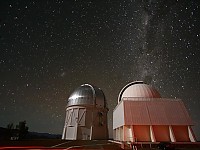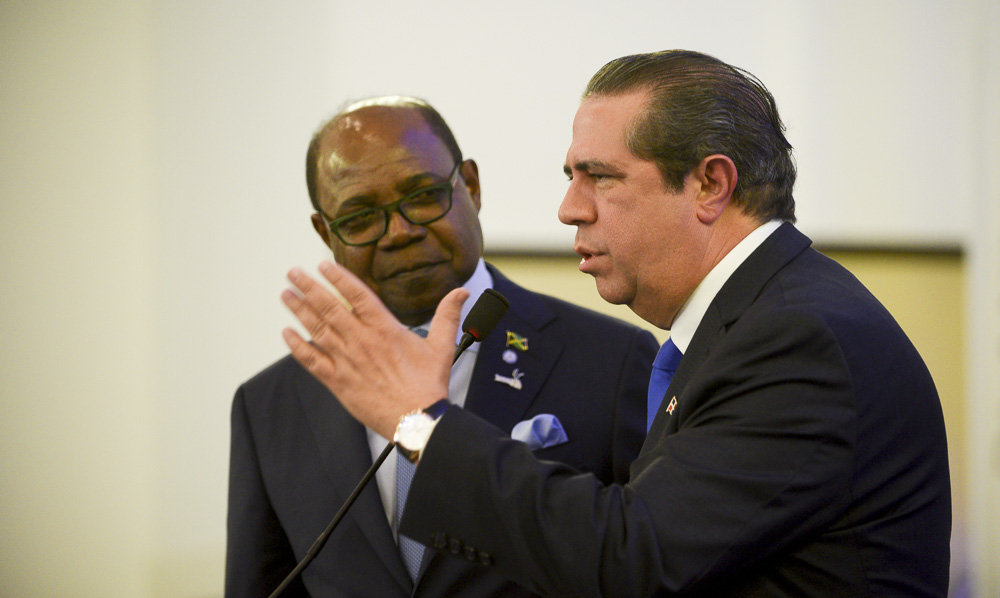This post may contain affiliate links. We may earn money or products from the highlighted keywords or companies or banners mentioned in this post.

Various public, private and academic organizations nationwide officially started the “Astro Chile” project which aims to transform Chile into a first-class astrotourism destination to be recognized worldwide for its appeal, quality, variety and sustainability.
This initiative is funded by CORFO which will develop various useful mechanisms to improve the quality and competitiveness of existing astrotourism products, in addition to formulating a 10-year strategic plan to build this type of tourism in the country. Studies on supply and demand in astrotourism will be conducted at the national and international levels in order to determine the profile of current and potential visitors, identify gaps in the quality and competitiveness of the local offerings as well as new opportunities for the tourism industry.
Tourism undersecretary, Javiera Montes, noted that this “is a great opportunity to diversify Chilean tourism in innovative ways, by collectively promoting the development of astronomy tourism which now has a global potential, and we are the pioneers in this area.”
Montes also emphasized that this is only the beginning and that the main task will be to “bridge the gaps in quality to enable its implementation, to get information about this venture and to train the people who will render all the services that may arise under this project.”
His view is reinforced by Fernando Comerón, representative of the European Southern Observatory (ESO) in Chile, who said: “Some of the work at the local level has already been done: tourist interest, observatories open to the public, groups of enthusiasts and now we have to bring all these players together so that the product will become a part of the hotel and food sectors as well as the media to reach people.”
For his part, Pablo Alvarez, manager of the project being undertaken by Verde Consultores (Green Consultants), said: “Today tourists are choosing destinations and products that offer them unique experiences, and astronomy tourism is an excellent option because it represents something different, where we have huge advantages and it helps to present us as a must-see destination.”
The initiative brings together strategic players in the fields of tourism and astronomy: the Undersecretary for Tourism, SERNATUR, the Committee on Foreign Investment, Tourism Chile, the European Southern Observatory (ESO), Associated Universities, Inc. (AUI), the Chilean Astronomical Society (SOCHIAS), the Catholic University, the Planetarium Foundation (of USACh), and Verde, consultants specializing in culture, heritage and tourism, who are in charge of project implementation.
Globally, there are some destinations for this type of tourism, mainly in Spain, Canada, USA, Australia, New Zealand, Namibia and South Africa. However, none of these countries has such a high concentration of scientific observatories found in Chile.
Astrotourism in Chile is concentrated between the Antofagasta and Biobío regions, most notably Coquimbo, where 51% of private companies offering such products can be found, according to a study commissioned by SERNATUR and conducted by Verde in 2013.
Chile, with the support of the Eurochile Foundation, was the first to receive Starlight certification for the Fray Jorge National Park in the Coquimbo region, which guarantees the quality of its dark skies. There was also the subsequent addition of three new Starlight certifications of tourist destinations in the areas of Pampa Joya, Mano del Desierto and Alto Loa in the Antofagasta region.











